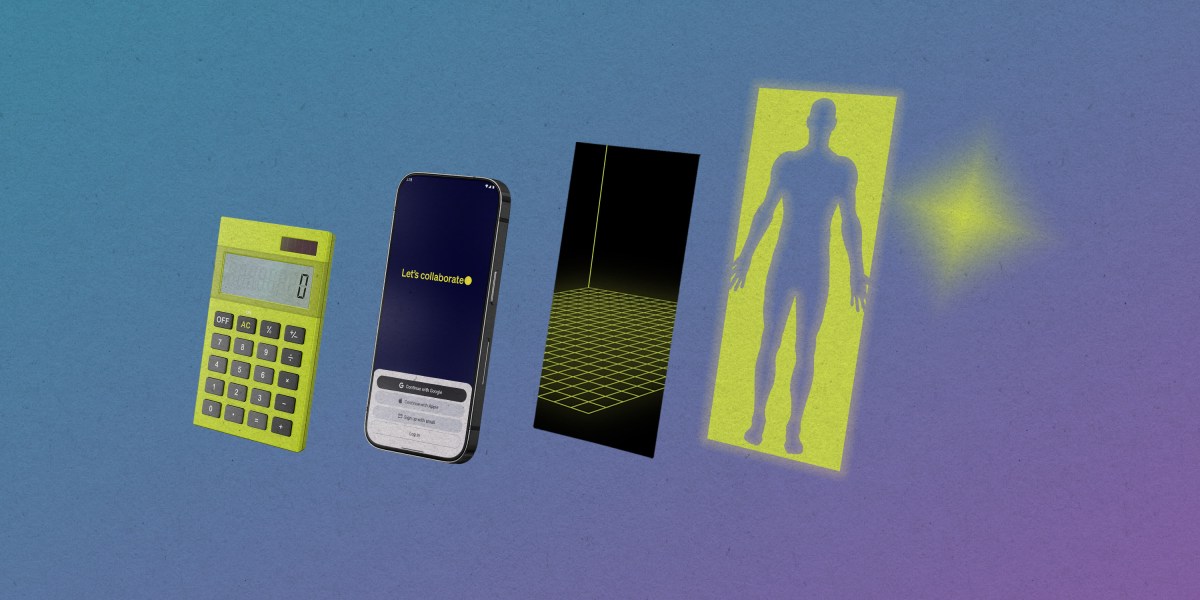Google DeepMind wants to define what counts as artificial general intelligence

To come up with the new definition, the Google DeepMind team started with prominent existing definitions of AGI and drew out what they believe to be their essential common features.
The team also outlines five ascending levels of AGI: emerging (which in their view includes cutting-edge chatbots like ChatGPT and Bard), competent, expert, virtuoso, and superhuman (performing a wide range of tasks better than all humans, including tasks humans cannot do at all, such as decoding other people’s thoughts, predicting future events, and talking to animals). They note that no level beyond emerging AGI has been achieved.
“This provides some much-needed clarity on the topic,” says Julian Togelius, an AI researcher at New York University, who was not involved in the work. “Too many people sling around the term AGI without having thought much about what they mean.”
The researchers posted their paper online last week with zero fanfare. In an exclusive conversation with two team members—Shane Legg, one of DeepMind’s co-founders, now billed as the company’s chief AGI scientist, and Meredith Ringel Morris, Google DeepMind’s principal scientist for human and AI interaction—I got the lowdown on why they came up with these definitions and what they wanted to achieve.
A sharper definition
“I see so many discussions where people seem to be using the term to mean different things, and that leads to all sorts of confusion,” says Legg, who came up with the term in the first place around 20 years ago. “Now that AGI is becoming such an important topic—you know, even the UK prime minister is talking about it—we need to sharpen up what we mean.”
It wasn’t always this way. Talk of AGI was once derided in serious conversation as vague at best and magical thinking at worst. But buoyed by the hype around generative models, buzz about AGI is now everywhere.
When Legg suggested the term to his former colleague and fellow researcher Ben Goertzel for the title of Goertzel’s 2007 book about future developments in AI, the hand-waviness was kind of the point. “I didn’t have an especially clear definition. I didn’t really feel it was necessary,” says Legg. “I was actually thinking of it more as a field of study, rather than an artifact.”


